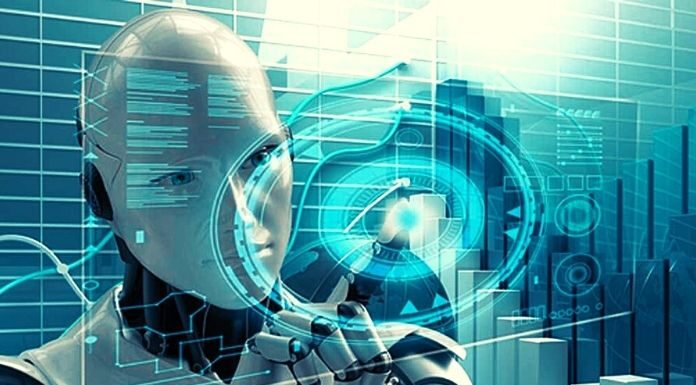If steam, Industry 4.0 lives started the first industrial revolution on data – the raw material for artificial intelligence. AI-based methods allow manufacturing processes to be automated to a previously unimagined extent.
Artificial intelligence supports the automation of manufacturing and production processes and makes it possible to equip products with new digital capabilities. From the first product idea to maintenance, AI optimizes the value chain in manufacturing. Topics such as cloud infrastructures, big data applications, or IoT solutions have long since found their way into the industry. On the other hand, AI-based applications are still a relatively new aspect with a manageable number of realized projects. However, that will change because AI technologies are the key to tomorrow’s corporate success.
There Is Awareness Of The Potential Of This Technology
AI is just in the starting blocks in manufacturing. But the awareness of the potential of the technology is there. This is confirmed by the current study on AI with over 100 industry managers. For 58 percent of those surveyed, the use of new technologies is at the top of their agenda. Another number stuck in my mind: 52 percent of respondents are convinced that investments in artificial intelligence will lead to competitive advantages in the next five years. That is a good 20 percentage points more than in the cross-industry survey. In short: the industry is hot for AI.
Typical Application Scenarios: Plants “learn” based on their operating processes and thus simplify predictive maintenance. Or the collection and evaluation of product usage data allow for new types of financing models or service offerings. However, even industry-typical application scenarios such as predictive maintenance or the digital twin – i.e., a simulation model of components, processes, or systems – are only used by a good quarter of those surveyed. At least every third industrial company already has concrete plans to introduce corresponding solutions.
Demystifying Artificial Intelligence To Reduce Fears
Now it’s up to those responsible. Their task is to create real competitive advantages for their companies based on the potential of the technology: The aim is to demystify the technology to reduce fears in the workforce. But also to organize budgets and hire staff. Artificial intelligence is changing work across all areas of responsibility and hierarchy levels. This change does not only affect the low-skilled. The so-called knowledge workers also have to adapt. On the company side, this requires further training of employees and the search for new employees with AI qualifications.
However, the figures from the Adesso survey are surprising here – only just under every second company surveyed is currently planning or can imagine hiring. But those who don’t have enough AI professionals will find it challenging to benefit from the technology. The race for artificial intelligence has only just begun. Nevertheless, the manufacturing industry must not be lulled into a false sense of security: Now, companies are taking the measures to decide who will differentiate themselves from the competition thanks to AI in the next few years.
ALSO READ: Digital Tools: How Content Enablement Can Make Work Easier

